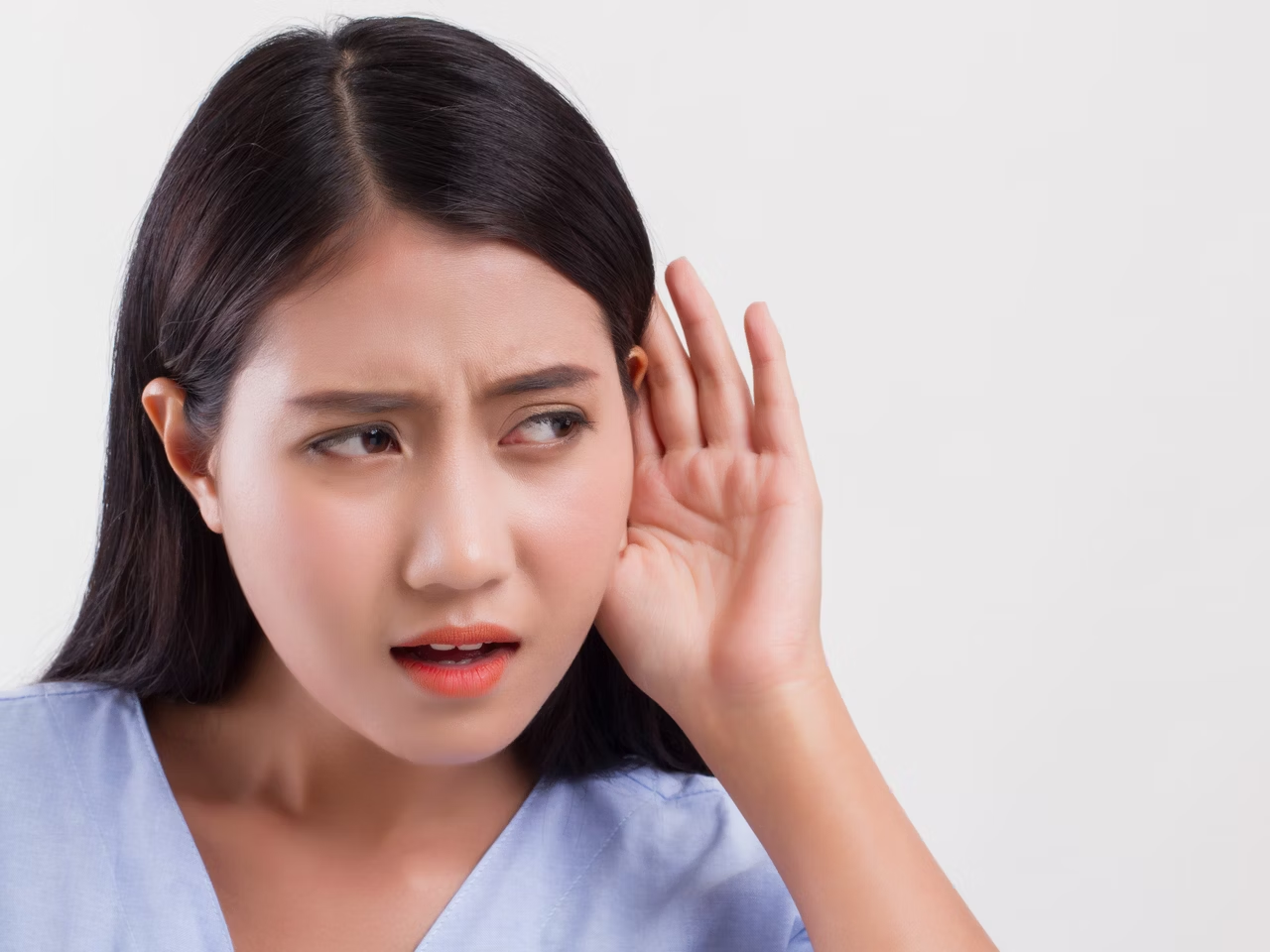Hearing Impairment
What is it?
Hearing loss is a type of sensory impairment, which means that a person’s auditory abilities are impaired or reduced. People with this type impairment are unable to hear external sounds like ordinary people.
It can be classified according to the degree and type of auditory impairment. In terms of degrees, it can be divided into mild, moderate, moderately severe, severe and profound impairment. In addition, its causes can be divided into two categories, including “congenital” and “acquired”.
How it affects daily lives

In severe & profound impairment cases:

In mild impairment cases:
Understanding the 2 main types of causes:
“congenital” & “acquired”
Different signs of auditory impairment
The symptoms of auditory loss can be different for each person. On the one hand, the symptoms depend on the degree of auditory impairment of the person. Generally speaking, the more severe the degree of loss, the more challenges and difficulties the patient faces in daily life.
Patients will find that their ability to distinguish the direction of sounds becomes weaker, or they may be confused in identifying different sounds, making it difficult to understand the other person’s words when chatting with them, making daily communication difficult. Due to feeling unable to participate in daily conversations freely and easily, social interaction will likely be affected. Therefore, early identification of signs and problems, obtaining appropriate support, treatment and intervention are very important in these cases.

1. Difficulty in picking up smaller sounds:

2. Frequently asking others to repeat their words:

3. Difficulty in recognising voices:

4. Onset of tinnitus:
Possible treatment options
Assistive listening products:
They help patients more easily hear and understand the dialogue content of the other party by amplifying the sound to meet the needs of daily communication. Assistive devices need to be personalized according to the user's needs and preferences.

Cochlear implants:
For people with severe impairment, this kind of inner ear implantation surgery will implant an electronic device and directly stimulate the auditory nerve.

Rehabilitation training:
Through repeated training and practice, auditory rehabilitation training teaches patients to make full use of existing auditory resources to improve listening efficiency and communication skills, thereby enhancing their own auditory and language understanding abilities, which improves their condition.

Education & assistance:
Through a variety of educational services and technical support, patients can receive maximum support, allowing them to effectively cope with various learning challenges and promote their learning and development.


